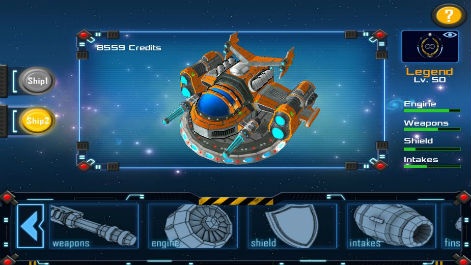Cancer Research UK has harnessed crowdsourcing to charge millions of mobile gamers with researching cell samples for the scientists.
The charity has built three games based on a F2P model.
The catch, however, is that players can analyse and categorise cell samples instead of paying to unlock new levels.
The results have so far been positive. The debut game, Cellslider, helped Cancer Research churn through one million classifications in just six months.
Share the workload
Each game release shrunk the time window, with Genes In Space achieving the same in three months, and Reverse the Odds just two weeks to break the one million milestone.
During an address at Digital Shoreditch, the charity’s product lead Andy Paterson said that the only problem with this research approach is that it’s difficult to scale.

"If you imagine that we want to double the analysis, our only option is to drive more people to play Reverse the Odds,” he explained.
“That means marketing, which needs to be funded from charitable donations."
To solve this, Cancer Research UK is looking to partner with indie developers; the charity will offer scientific analysis as a plug in package, and the developer can take care of producing and marketing the game.
Cancer Research will reduce its costs, while developers benefit from PR and an altruistic audience.
Interested studios have been asked to reach out to Cancer Research directly.
You can read more about the approach via the Cancer Research website.























